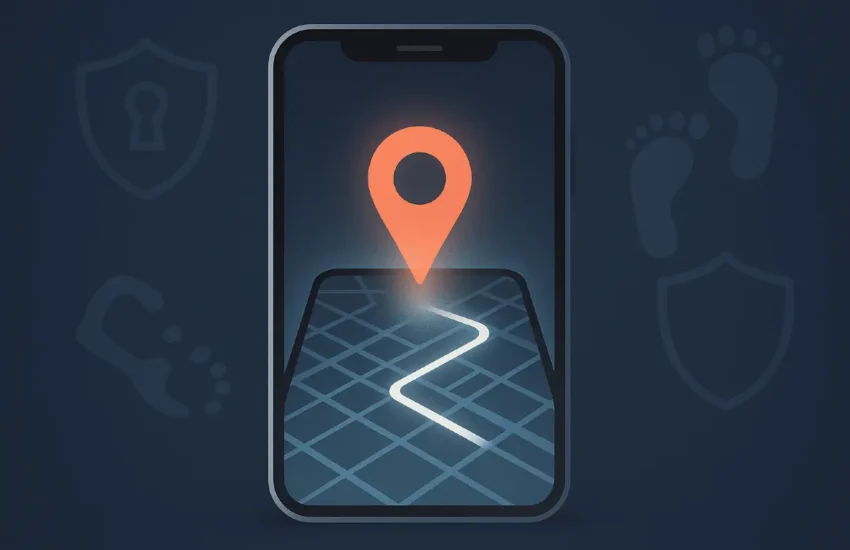Future of Sales Coaching Software and Emerging Trends in the Industry
Sales coaching software has witnessed remarkable growth in recent years and is continuing its upward trajectory in the foreseeable future. According to market forecasts, the sales forecasting software market will experience significant compound growth from 2022 to 2032 at a CAGR of 6.4%. The research shows the increase from 47.6 billion USD in 2022 to an impressive 88.7 billion USD in 2032.
Such substantial expansion indicates the growing significance of sales coaching software and highlights the emerging trends shaping the industry’s future. So, what to expect in sales coaching software? What industry trends will be in the near future? Let’s find out.

Sales Coaching Software Market Situation Overview
The sales forecasting software market experienced significant growth and development between 2022 and 2023. With businesses recognizing the crucial role of effective sales coaching in driving sales performance, there was a substantial surge in demand for sales coaching software solutions. As a result, the market value reached an estimated $47.6 billion in 2022, reflecting the increasing adoption of these software tools by organizations of all sizes.
Several factors contributed to the market’s growth during 2022. First, there was a heightened focus on personalized coaching and skill development to enhance the capabilities of sales teams. Sales coaching software provides tailored coaching programs and resources to address individual needs and improve overall sales effectiveness.
Second, the industry witnessed the integration of advanced analytics and artificial intelligence (AI) capabilities into sales coaching software. These technologies enabled sales teams to gain valuable insights from sales data, predict customer behavior, and optimize sales strategies.
Furthermore, the COVID-19 pandemic drove the market’s expansion as remote work and virtual interactions became the norm. Sales coaching software facilitated virtual coaching sessions, remote training, and digital collaboration, ensuring continuous support and skill development for remote sales teams.
The sales coaching software market is expected to continue its growth trajectory, CAGR of 14.0% from 2022 to 2030, according to Grand View Research. It indicates a positive outlook for the industry, as organizations increasingly recognize the importance of effective sales coaching in achieving their sales goals and maintaining a competitive edge in the market.
Emerging Trends in Sales Coaching Software
Sales coaching software has become increasingly crucial for organizations aiming to enhance their sales teams’ performance and drive revenue growth. As technology advances, sales coaching software is evolving to offer more personalized, engaging, and effective coaching solutions.
This section will explore the emerging trends in sales coaching software, highlighting the innovative developments shaping the industry. From integrating artificial intelligence and machine learning to gamification, mobile-friendly platforms, and personalized coaching approaches, these trends are revolutionizing how sales teams learn, improve, and achieve their targets.
- Artificial Intelligence (AI) And Machine Learning (ML) Integration in Sales Coaching Software
Artificial Intelligence (AI) and Machine Learning (ML) integration have revolutionized sales coaching software, offering advanced capabilities that enhance sales performance. AI is leveraged to provide personalized coaching recommendations, tailoring coaching content and strategies to suit individual sales representatives. ML algorithms analyze extensive data sets to offer predictive analysis and accurate sales forecasting, empowering sales teams to make data-driven decisions and optimize their strategies.
- Gamification and Interactive Features for Enhanced Engagement
To enhance engagement and motivation, sales coaching software incorporates gamification elements. Leaderboards, badges, and game rewards motivate sales teams and foster healthy competition. In addition, interactive coaching exercises and simulations offer hands-on practice, improving skill development and retention.
- Mobile and Remote-Friendly Platforms
Sales coaching software is adapting to the needs of mobile and remote sales teams. It is designed to be accessible through mobile devices, allowing sales representatives to access coaching resources and receive feedback on the go. The software also facilitates remote coaching sessions and collaboration, enabling seamless communication and training across geographically dispersed teams.
- Personalization and Adaptive Coaching
Personalization and adaptive coaching are prominent trends in sales coaching software. The software is increasingly personalized, tailoring coaching content and recommendations to individual sales reps’ specific strengths, weaknesses, and learning preferences. Adaptive coaching algorithms track sales reps’ progress and adjust coaching interventions accordingly, providing targeted support where it is most needed. This personalized and adaptive approach leads to more effective skill development, increased motivation, and improved sales performance.
- Advanced Analytics and Data-Driven Insights
Advanced analytics and data-driven insights play a crucial role in sales coaching software. Data analytics are utilized to identify coaching patterns and trends, enabling sales managers and coaches to refine their coaching strategies. In addition, predictive analytics helps identify areas of improvement and develop targeted coaching strategies, leading to enhanced sales performance and revenue growth.
Final Thoughts
As the sales coaching software market continues to grow and evolve, it is evident that the future holds immense potential for enhancing sales performance and driving business success. The emerging trends discussed in this article highlight the industry’s focus on personalization, engagement, accessibility, and data-driven insights.
Integrating artificial intelligence and machine learning brings unprecedented opportunities for personalized coaching recommendations and predictive analysis, empowering sales teams to make informed decisions and achieve better results. In addition, gamification and interactive features create a more engaging and motivating learning environment, fostering healthy competition and skill development.
The shift towards mobile and remote-friendly platforms acknowledges the changing dynamics of sales teams, allowing access to coaching resources anytime, anywhere, and facilitating remote coaching and collaboration. Moreover, the emphasis on personalization and adaptive coaching ensures that individual sales reps receive tailored support based on their unique needs and preferences.
Overall, the future of sales coaching software is promising, with an increasing focus on delivering personalized, engaging, and data-driven coaching experiences. By embracing these emerging trends, organizations can empower their sales teams to reach new levels of success in a competitive business landscape.


